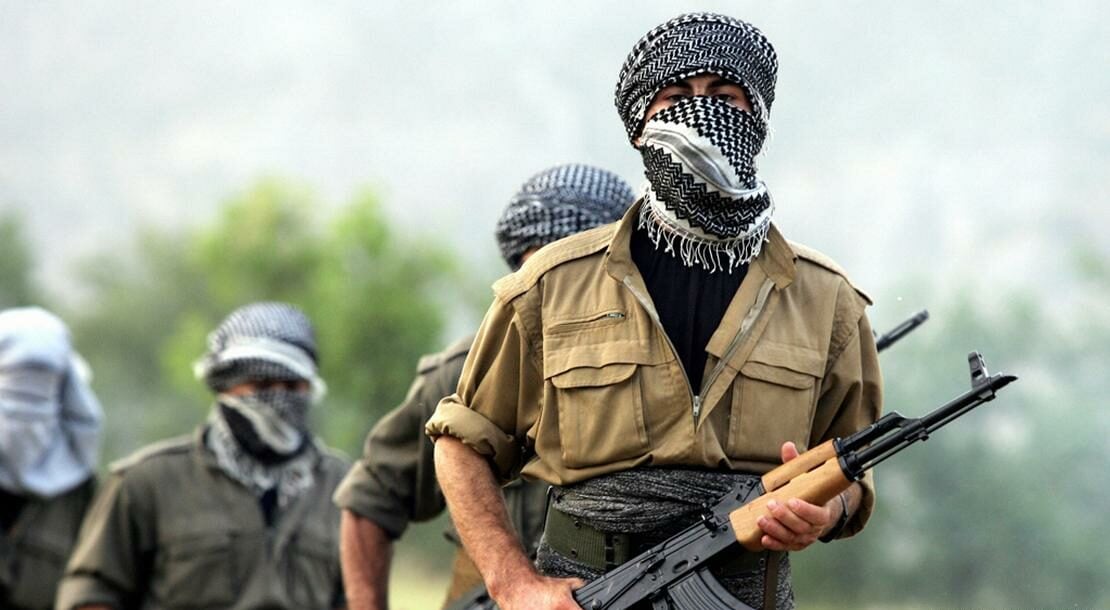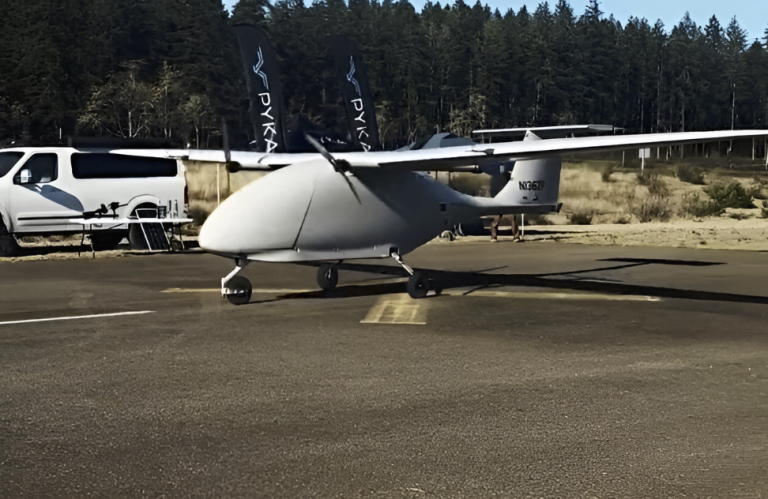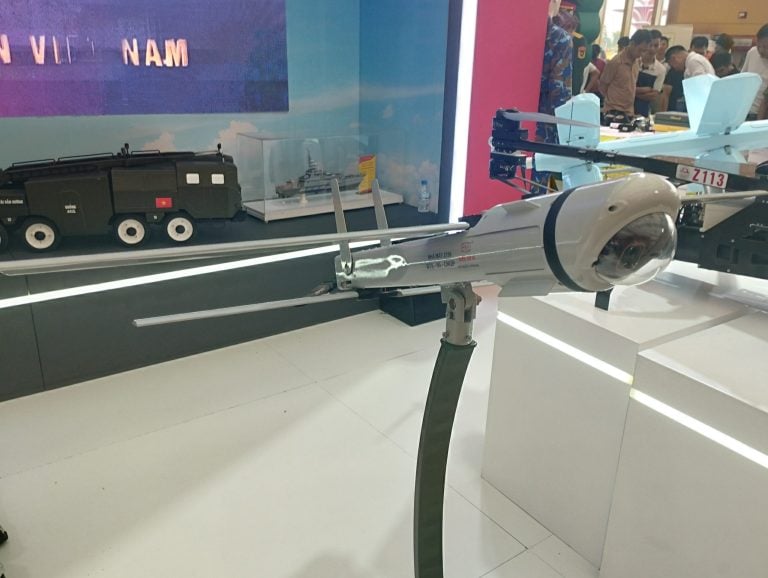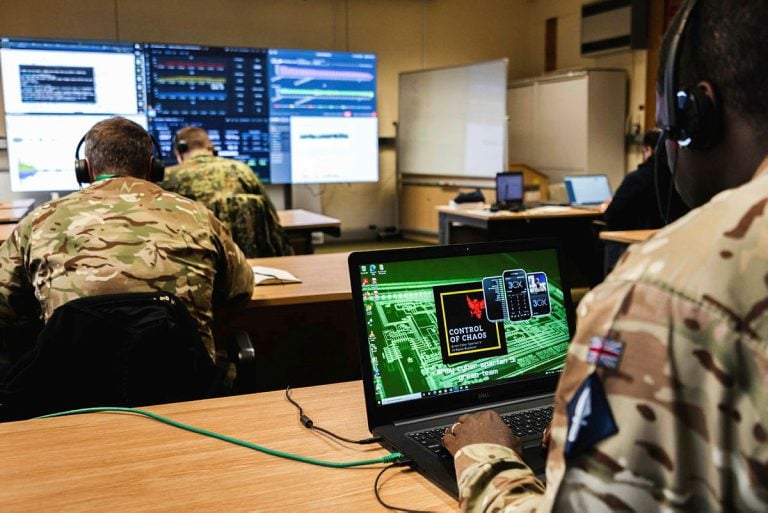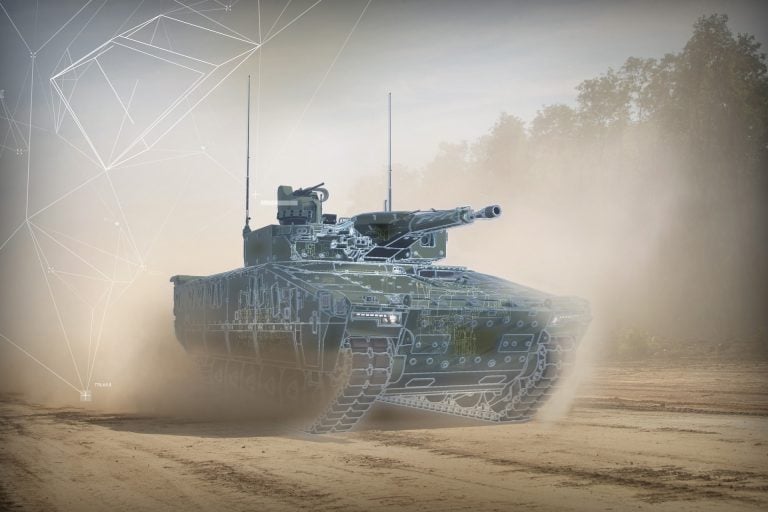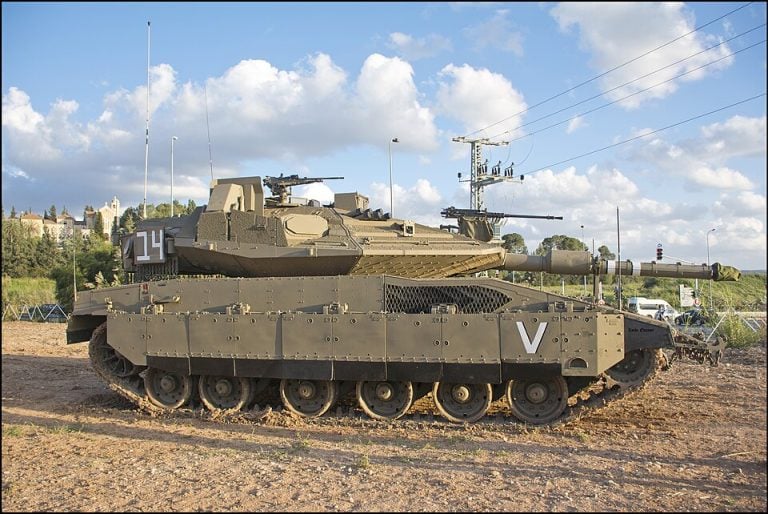In a significant development aimed at ending decades of conflict, the Kurdish militant group PKK has commenced the withdrawal of its forces from Turkey to northern Iraq, marking a potential turning point in the long-standing tensions between the group and the Turkish government. This withdrawal aligns with the PKK’s decision to formally renounce its armed struggle against Ankara, a commitment made clear earlier this year in May as part of peace negotiations that have taken shape over the last year.
The PKK announced the shift during a ceremony held in a remote village in the Qandil Mountains of northern Iraq. Speaking in both Kurdish and Turkish, the group stated, “We are implementing the withdrawal of all our forces within Turkey.” Present at the ceremony were 25 fighters, including three commanders and a number of women, all of whom carried assault rifles and were recognized as the latest members to leave Turkish soil.
While the exact number of fighters involved in the withdrawal remains uncertain, estimates suggest that between 200 to 300 PKK members could be making this transition. Turkish officials welcomed this move, calling it “concrete results of progress” in negotiations to resolve one of the region’s longest-running conflicts, which has claimed approximately 50,000 lives over four decades.
However, the PKK stressed that the success of this peace process hinges on the release of its imprisoned leader, Abdullah Ocalan, who has been incarcerated since 1999. The group emphasized that legal steps must be taken swiftly to facilitate this process. Senior PKK militant Sabri Ok articulated the urgency, highlighting that laws pertinent to the peace process must be established, distinct from a general amnesty.
Ocalan, now 76, has been a pivotal figure in initiating discussions around a peaceful resolution, and his continued imprisonment complicates the process. Senior PKK leader Devrim Palu noted the challenges of advancing negotiations from isolation, stating, “His freedom is crucial for this process to advance with greater effectiveness.”
Indirect talks initiated late last year have garnered backing from Turkish President Recep Tayyip Erdogan, who praised the PKK’s previous actions of weapon destruction as a national victory. Ankara has formed a cross-party parliamentary commission tasked with establishing a legal framework to promote political integration for PKK members and facilitate peace.
Pivotal to this initiative, according to PKK officials, is the necessity for the parliamentary commission to meet with Ocalan directly. Ok emphasized, “The parliamentary commission must immediately go to Leader Apo and listen,” underlining Ocalan’s essential role in guiding the peace process.
The parliamentary commission, comprising 48 members, is also responsible for determining Ocalan’s legal status. In recent months, Ocalan has had visits from family and negotiators from the pro-Kurdish Democratic Regions Party (DEM), the latter playing a vital role in the ongoing peace efforts. Last month marked an important milestone as he gained access to his lawyers for the first time since 2019.
As speculation continues about the potential outcomes of these negotiations, analysts suggest that the PKK’s diminishing strength and a weary Kurdish public may provide an opportunity for Ocalan to facilitate a necessary transition from armed resistance to a focus on democratic advocacy for Kurdish rights. The PKK’s recent symbolic weapon destruction ceremony in July was framed by Turkish officials as an “irreversible turning point,” further emphasizing the evolving dynamics of the conflict and the fragile hopes for a lasting peace.
